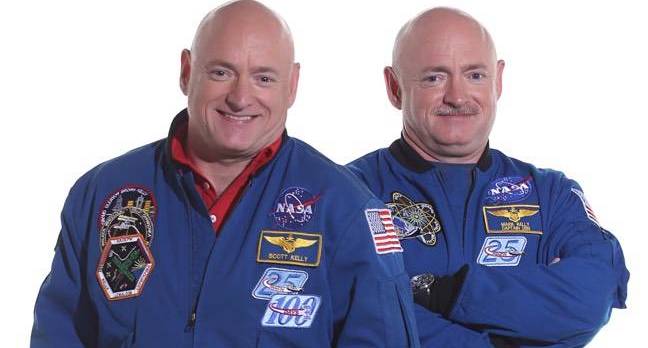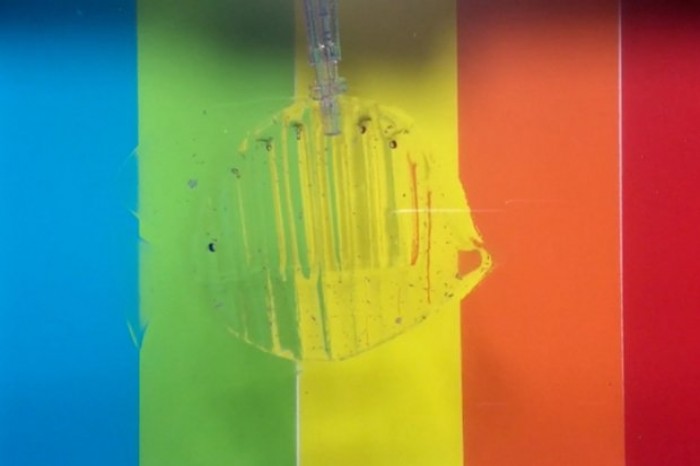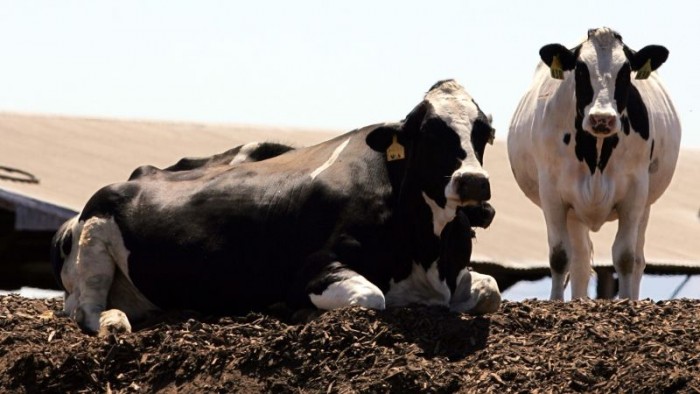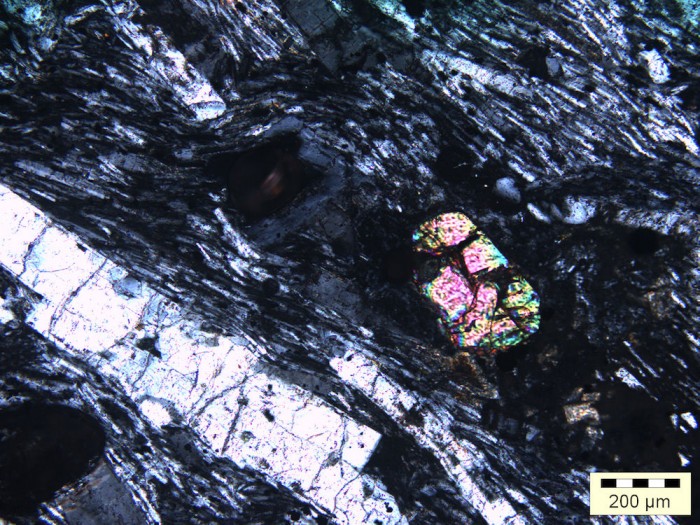NASA’s Twin Study Shows How Living In Space Can Change Your Body
In March 2016, NASA sent one of the astronaut twin brothers to space to spend almost a year there. Out of the two brothers Scot...
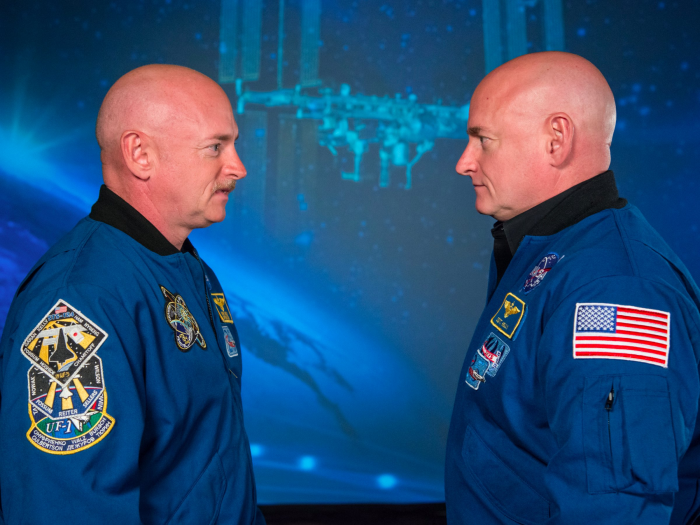
In March 2016, NASA sent one of the astronaut twin brothers to space to spend almost a year there. Out of the two brothers Scott Kelly and Mark Kelly, Scott went to space and lived there for 340 days. While his twin brother Mark was being observed on Earth.
Since Mark and Scott both have same DNA, the scientists have hardly got a chance before to observe the changes in the human body due to spaceflight. So this time they got a chance to compare the genes of Scoot with that of Mark’s in the same time frame.
The scientists have known what it is like to live in weightless surroundings of space. Living in space results in negative effects on a human body such as muscle contraction, stretched spines or disturbance in the sleep cycle. However, the long-term effects are least known. The outcomes of this twin study by NASA could be helpful in future for deep-space missions.
For this study, NASA researchers had taken biological samples of both the twins before, during and after Scott spent the time in space. It was very recently that NASA released some of the results of Twin Study due to the sensitivity of the information.
Here are four interesting study results:
1. Scott's telomeres became longer then got back to normal length soon
While living in space, Scott's telomeres or the caps at the end of chromosomes, turned longer than that of his brother’s but got back to normal size as soon as he returned home.
A radiation biologist at Colorado State University in Fort Collins ‘Susan Bailey’ reported to Nature,
"That is exactly the opposite of what we thought."
This is because as we get older, the telomeres become shorter. The NASA scientists are finding out the reason behind this and are thinking that it may have been due to less calorie consumption and more exercise.
2. Scott's level of methylation saw a decrease
The methylation levels can bring about a change in the DNA segment’s activity without change in its sequence. There was a decrease in Scott's white blood cells (WBCs) during the flight and increase in Mark’s WBCs.
NASA reported,
"These results could indicate genes that are more sensitive to a changing environment whether on Earth or in space.”
3. The twins hosted different gut bacteria
Both the twin brothers hosted distinct gut bacteria all throughout the study. According to NASA, this may have resulted because of difference in their diets and environments.
4. Scientists are now looking closer to check if a "space gene" got activated in Scott
When the scientists sequenced the RNA in the twins' white blood cells, they discovered over 200,000 RNA molecules which were differently expressed between them. NASA reports that it’s quite normal for twins to have unique mutations in their genes, but scientists are
"looking closer to see if a 'space gene' could have been activated while Scott was in space."
Popular News
Brain-Stimulating Activities Could Help Prevent Mental Decline In The Elderly
A new study finds that older adults can prevent their risk of developing memory-related problems by engaging in brain-stimulati...
8 years ago
Still Unfold
2 Mile Crack Opens Up In The Middle Of Arizona Desert
A two mile long crack has been discovered in the desert of Arizona. The Arizona Geological Survey is monitoring this crack. Rece...
8 years ago
Still Unfold
Bat Bot- The Acro'Bat'ic Robot That Mimics Bat's Flying Maneuvers
Can you imagine a robot that can jump and fly without causing any damage to objects or people gliding smoothly through the air? ...
8 years ago
Still Unfold






